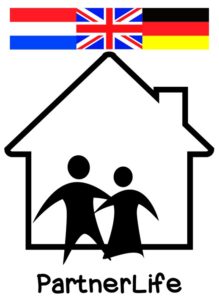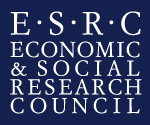Partner  relationships, residential relocations and housing are crucial to people’s well-being and are known to be connected with each other. Many aspects of this connection, however, have remained under-researched or unexplored thus far: living-apart-together besides co-residential partnerships, long-term effects, mutual causality, full trajectories rather than one-at-a-time events, and the impact of the contextual background. The PartnerLife project addresses the following research question: How do partner trajectories and residential trajectories develop in relation to each other in people’s life courses, and how are these trajectories and the interactions between them related to the contextual backgrounds of Germany, the UK and the Netherlands?
relationships, residential relocations and housing are crucial to people’s well-being and are known to be connected with each other. Many aspects of this connection, however, have remained under-researched or unexplored thus far: living-apart-together besides co-residential partnerships, long-term effects, mutual causality, full trajectories rather than one-at-a-time events, and the impact of the contextual background. The PartnerLife project addresses the following research question: How do partner trajectories and residential trajectories develop in relation to each other in people’s life courses, and how are these trajectories and the interactions between them related to the contextual backgrounds of Germany, the UK and the Netherlands?
We will derive and test hypotheses from various micro-level theories, including rational-choice theory and bargaining models, and also develop hypotheses on the macro-level impact of welfare regimes and housing markets. Large-scale longitudinal datasets are used for the three countries. We analyze these using a variety of standard and advanced longitudinal methods, including multilevel event history analysis, sequence analysis and dyadic models. Our results will enhance the scientific insight into partner trajectories and residential trajectories in the life courses of linked individuals.
PartnerLife is a collaborative project between the University of Groningen (the Netherlands), the University of Cologne (Germany), and the University of St Andrews (United Kingdom).


